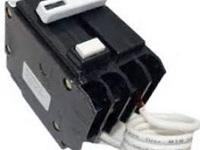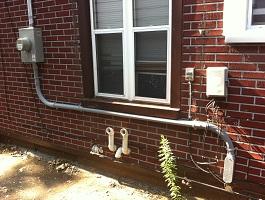How to Pick Home Generators Not having enough electricity could really make it hard for a household to work as normally as it can, and this is why it is important that you choose a generator that is most compatible for your home and your energy requirements for when you need it most. What should you consider when choosing a home generator? - Price. When choosing a home generator, you should consider just how much you could spend. Even if you really need a generator, it wouldn’t do you much good to spend money that you couldn’t earn. Portable home generators could cost as much as $4,000, but there would be others which could just cost less than $1,000 too. Decide on your budget before everything else.
- Size. What type of generator should you use? There are portable generators which are normally small. Home standby generators are used to power up a whole home in case it is needed. And there are those commercial generators which could power up a place a lot bigger than just a house. The size could usually tell you how long a generator can run too.
- Fuel Type. There are many types of generators depending on what fuel they use to generate electricity. There are those which are powered by gas, there are those powered by LPG, there are some that works on diesel, and others work on natural gas. There are advantages and disadvantages of choosing one over the other, including price and availability, and you should figure out about them with a professional electrician. They are the only ones who could help you choose the right generator, as well as help you install them safely and properly.
- Load. You have to think about the electricity load that you’re about to put into the generator. Knowing just how much wattage something needs to start and keep running is important if you want to know how powerful your generator should be. Make a list of all the things you want to start and run with a power generator, and make sure that you cover all the necessary appliances and equipment first. This includes your fridge, freezer, heater, pump and water system, gas furnace and fans, stove, lighting, washing machine, radio, computer system and others which you consider important and necessary. All of these things would require higher starting wattages, but all of them would run on significantly lower wattage.
If you are thinking about installing a generator by yourself, then you might want to take a step back and think twice about what you are about to do. This can prove very dangerous without the proper knowledge and tools. If you have some experience or knowledge on generators, decide if it is enough to help you properly and safely install it. If you are hesitating, it would be better to have your generators installed by a professional electrician. More Electrical Tips & Tricks to come! | | 
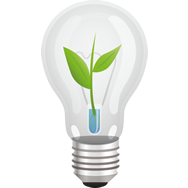
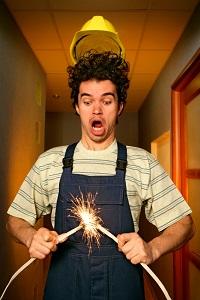
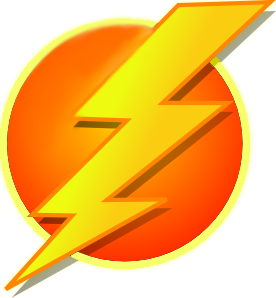
|


